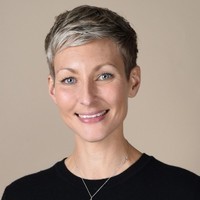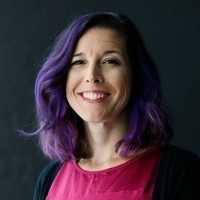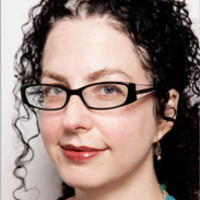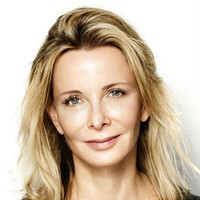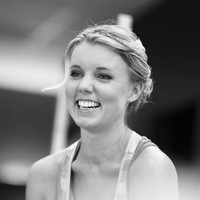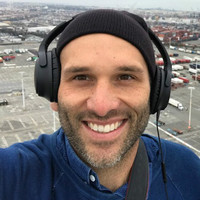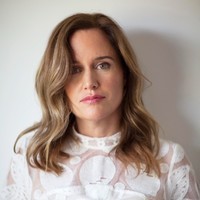Heidi Blake is a writer for The New Yorker and the author of two books, From Russia with Blood: The Kremlin's Ruthless Assassination Program and Vladimir Putin's Secret War on the West and The Ugly Game: The Corruption of FIFA and the Qatari Plot to Buy the World Cup, with Jonathan Calvert. Her latest article is “The Fugitive Princess of Dubai.”
“I definitely feel as an investigative reporter that I feel very driven by my own capacity for shock and outrage and genuinely feeling like this is unbelievable. And that kind of makes me want to keep digging. And once I stop feeling that on any given topic, I lose interest. And so I’ve always been a generalist, and I just kind of rove from one topic to the next. I’m always finding myself in new territory where I know absolutely nothing about the thing I’m starting to dig into and have to try and play catch up and get my head around something new.”
